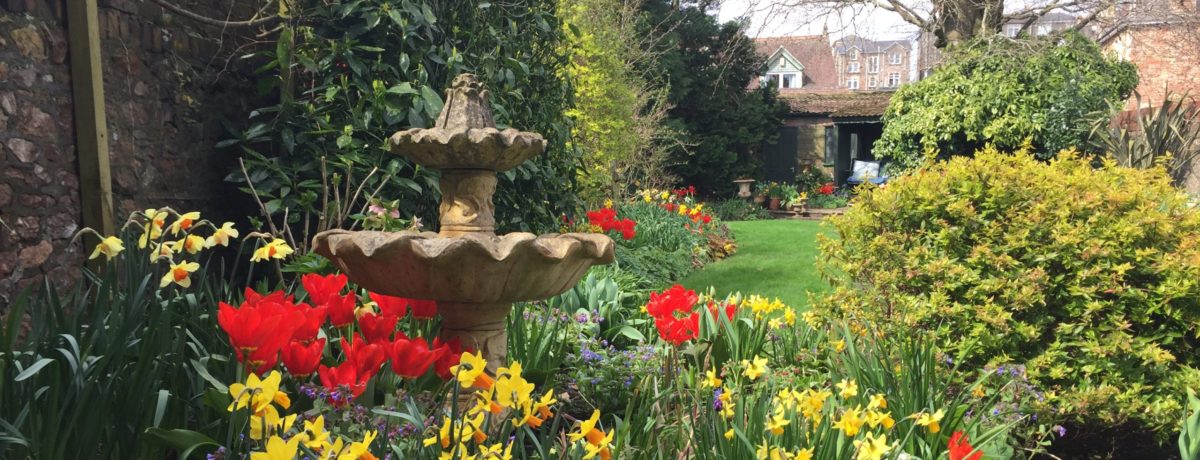Feest Isolation Days – 8 May
Victory in Europe Day –VE Day. The Seventy Fifth anniversary of the end of World War Two. A glorious yet also sombre day as we remembered those who gave their lives for all of us. The usual celebrations, and remembrance services, were not able to take place. No standing at the Cenotaph, no wreaths, no serenade of the Last Post (taps in America). No lines of servicemen and women snaking through London. Coronavirus has changed even our most cherished and noteworthy dates.
But there were imaginitive commemorations….
Victory in Europe and remembering all those who gave their lives in war zones around the world made us all pause for a collective silence at eleven. Except that there is no sound other than bird song as the silence is already there. We will fall silent on the eleventh day of the eleventh month. Perhaps we will be able to come together to collectively mark the end of the first World War, when the calendar flips round to November. We live in hope.
Hope is what has tumbled through the decades to us all from those that served in what was one of the darkest times in the recent history of the world. Staying home, for however it long it will be, seems a slight and easy task by comparison. There are no bombs dropping overhead, no fires, our food supply continues.
As is the way during these lockdown days, we met with our friends and family on Zoom and we sang the song of hope that Dame Vera Lynn made famous. “We’ll Meet Again, Don’t Know Where Don’t Know When”. How true. And we will indeed. In the meantime, we are thankful for those who served their countries so ably.
Our house, which is close to the Downs, was requisitioned by the Army during the war. The owner at the time wasn’t displaced, as he rented out the property and there were no tenants living there. As someone who grew up in America, it was quite amazing to discover from our deeds that the house I’ve called home for nearly thirty years was once lived in by American Servicemen! I had heard that the Downs were covered in tents where GI’s billeted, and thought that was why the location of our house was of particular interest. In fact, the reason was that it is only about a five minute walk to Clifton College.
Clifton College played an important role during the war. It became the headquarters for the American First Army led by General Omar Bradley. Bradley and many of his senior men took over a mansion, The Holmes, in Stoke Bishop. The premises included a ball room, stables and, importantly for Bradley who was keen on delivering excellent cuisine to his innumerable guests, a large kitchen. The house also had plenty of other rooms for the many distinguished military personnel who stayed there during the war; some for days, others for weeks.

The Holmes now houses the Bristol Botanic Gardens, a University Department, and is also a hall of residence for Bristol University. Photographs line the entry way walls with pictures of the men who passed through Bristol as they participated in the planning of one of the many extraordinary battles of the war. It is well documented that Bristol was the location for the planning of D Day. Eisenhower, Patten, Bradley and photos of many other World War Two notables are displayed. In addition, a letter of thanks signed by Dwight Eisenhower is proudly displayed. Our humble home would have housed officers who were working for Bradley at Clifton College.

Bristol was a welcoming place and Black American servicemen found themselves in a city where many of them were treated in ways that they hadn’t experienced back home. They were able to enter and drink in pubs and could ride buses and trams without hindrance. The other (white) GI’s took exception to this, but the people of Bristol did not harbour the prejudices that many Americans did.
One day when I find my story, I shall write more about this! In the meantime, a thank you to those who gave their lives so that we can live ours in the way we do.
We pay tribute to all of them on this important day.
With love
Kathy x
